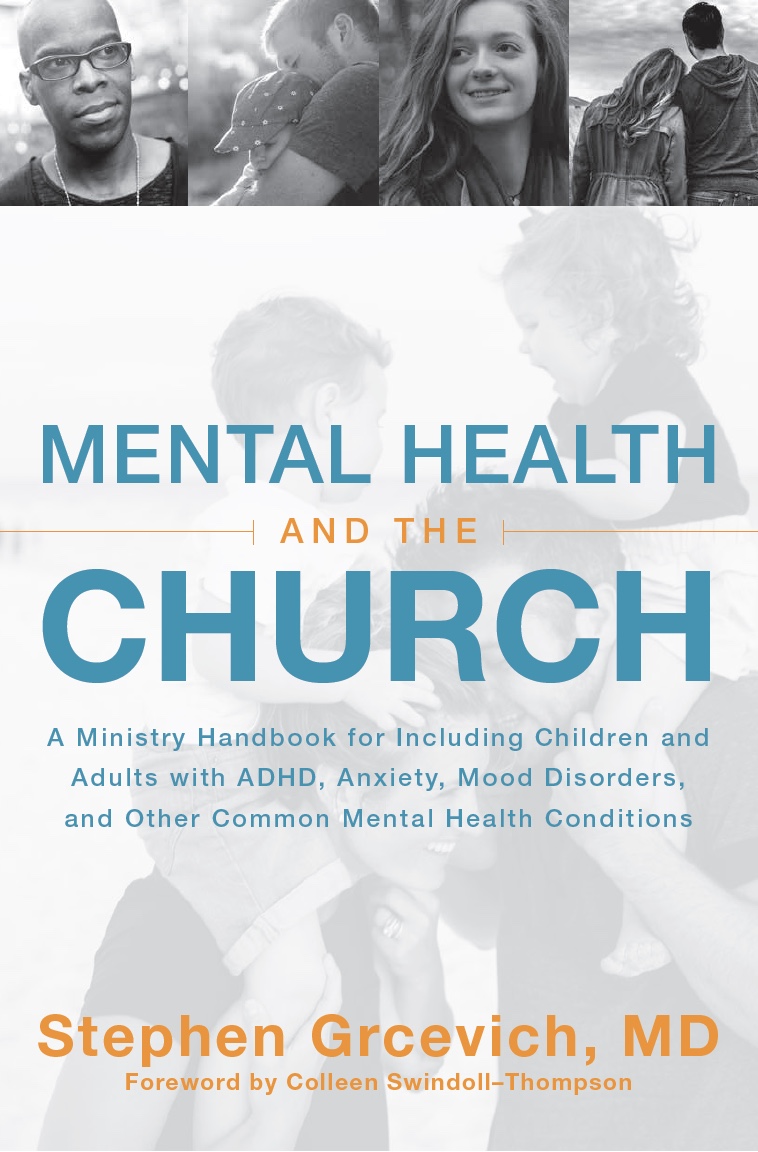 In today’s blog post, we’ll look at some of the challenges church participation poses for children and teens with anxiety disorders.
In today’s blog post, we’ll look at some of the challenges church participation poses for children and teens with anxiety disorders.
On Sundays, Joshua would complain of having to use the bathroom just as the family was ready to walk out the door for church, usually emerging twenty minutes after the last service was scheduled to start. When he would attend church, he generally refused to participate in Middle School ministry activities with his sixth grade peers, opting instead to attend the adult worship service with his parents.
A child with significant anxiety will likely face multiple impediments to full participation in the children’s or youth ministry of their local church. The specific thoughts, experiences and situations that create obstacles to participation and growth will be unique to each child, but the list below describes common challenges parents and church staff can anticipate when ministering to children and youth with anxiety. We’ll look at these challenges in more detail over the next week:
Children who may cope reasonably well with fears during the week in a school environment with familiar friends and teachers will often experience physical symptoms of anxiety in anticipation of a less structured environment at church with more unfamiliar people and situations. The child prone to obsessions or perseveration may manifest their anxiety associated with church through severe anger outbursts, irritability, and difficulty transitioning from whatever activity they were engaged in when it’s time to get ready to leave for church. Ministry leaders can help by creating welcoming environments that are pleasant without being too stimulating and chaotic. Kids with anxiety are more likely to become uncomfortable during transition times before and after ministry activities when peers are unsupervised and engaged in impulsive or aggressive play.
Several years ago, Mike (a boy receiving treatment for ADHD and anxiety) was visiting a church with his parents for the third or fourth time. While his parents were speaking with some other adults in the worship center after the service, the children’s ministry staff and volunteers had left their area enabling some older boys to engage in aggressive play. One of the boys, considerably older and larger than Mike, started wrestling with him and shoved his face into the carpet. By the time his parents came to pick him up, Mike had significant abrasions on both sides of his face. Surprisingly enough, his family began to worship regularly at the church, but Mike always insisted on going with his parents to the adult worship service and never again was involved in children’s ministry activities.
Few situations will be more overwhelming for kids (and many adults) than the prospect of visiting a church for the first time. For a child who experiences great anxiety in new situations, the opportunity to visit at a time the church is relatively quiet when they can become familiar with a few people, visit the room or area where their activities will occur, and understand the process when the family comes to worship is often very helpful in enhancing the likelihood their family’s first experience at the church will be a positive one. Churches with greater electronic sophistication might consider posting virtual tours of their facility on video, permitting children (and their parents) to visualize every aspect of their weekend worship experience.
Updated August 28, 2014
***********************************************************************************************************
 Key Ministry has developed a resource page on the topic of anxiety and spiritual development in children and teens. We share tools to help parents and church leaders recognize signs and symptoms of anxiety disorders in youth, examine the challenges anxiety disorders present to families in establishing and maintaining active engagement at church, review the research on effective treatment strategies and share lots of helpful research links. Click here to check it out today!
Key Ministry has developed a resource page on the topic of anxiety and spiritual development in children and teens. We share tools to help parents and church leaders recognize signs and symptoms of anxiety disorders in youth, examine the challenges anxiety disorders present to families in establishing and maintaining active engagement at church, review the research on effective treatment strategies and share lots of helpful research links. Click here to check it out today!






Excellent post, as always, my friend!
I do have a question though. My experience with kids with anxiety is limited at best. I know for friends with Autism, visual schedules are a great way to help them through the worship experience. Would this, or an adaptation thereof, be beneficial to help a friend with anxiety?
LikeLike
Aaron,
Catching up on some older comments. Sorry it’s taken so long. Work is busy.
One of the issues with a person with anxiety is that they tend to avoid ANYTHING that would cause them to stand out or appear different. They often want to blend into the woodwork and disappear. The key is that they don’t like surprises. Helping them prepare for what they can expect at church in such a way that they don’t get any special recognition or treatment is important.
LikeLike